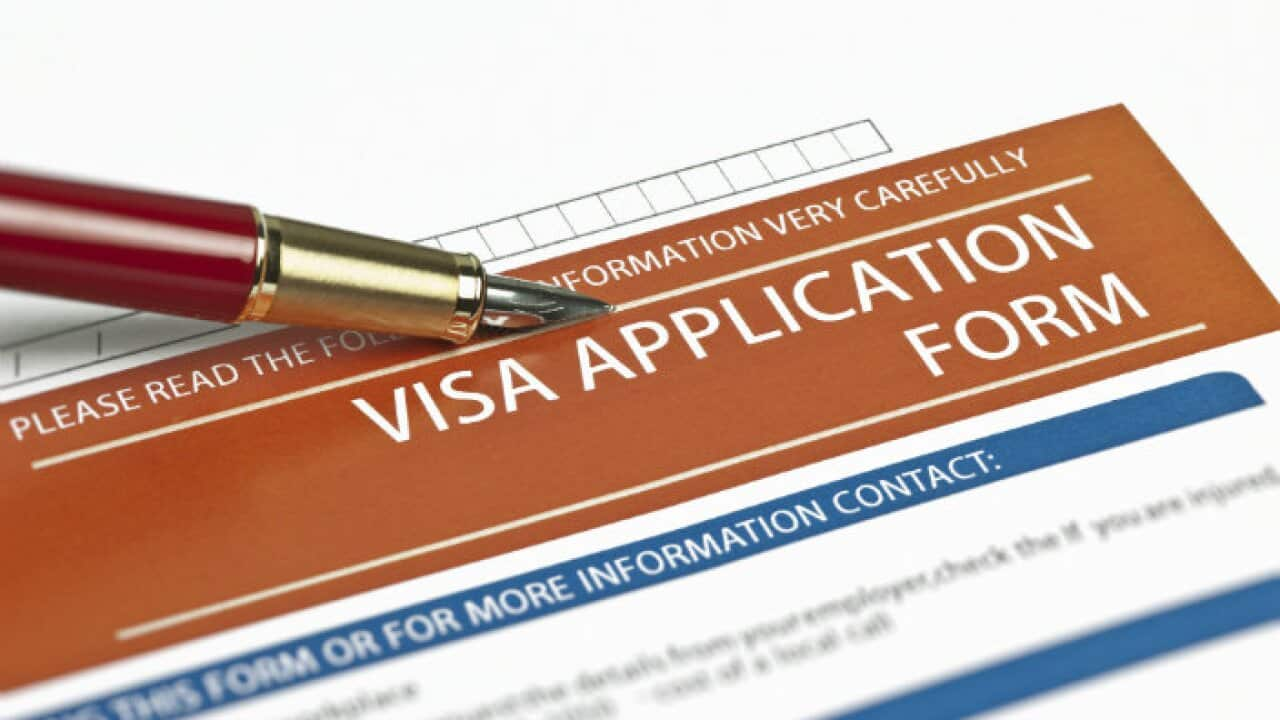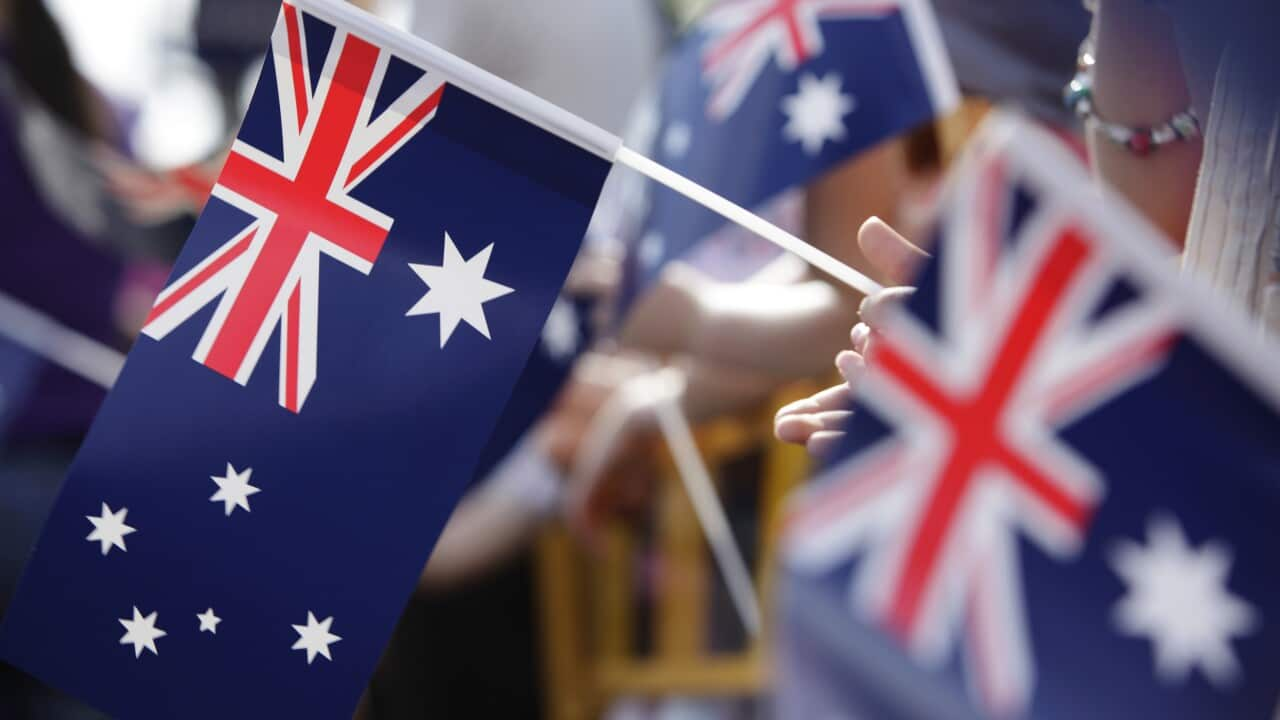Sneha Reddy was scheduled to travel from India to Melbourne for higher education and had booked her ticket for April 22 when news of travel ban reached her.
In a state of uncertainty and panic, she tried to get an immediate flight but in vain.
“Most of the flights are full, and those available were too costly. I cannot travel. I will have to wait, I don’t know for how long,” she said.
Highlights:
- Australia has closed down its border to all, except Australian citizens and permanent residents, from Friday night, 9 pm AEDT.
- India has announced it will close down its border from March 23, 0131 hrs IST.
Australia has banned all non-citizens and non-residents from entering the country. The ban has left temporary visa holders like Sneha in limbo as it is uncertain when the travel ban will be lifted.
This might interest you:

Australia to consider COVID-19 border restrictions to assess visa extension applications
Listen to the podcast:
LISTEN TO

Australia's border closure leaves temporary visa holders in a limbo
SBS Hindi
22/03/202009:02
Brisbane-based Migration expert Suman Dua says the decision, despite being essential, has disrupted thousands of lives.
“There are students who are travelling on a bridging visa and are waiting for their Temporary Residency (TR). There are parents of the migrants who were planning to come to Australia to help and support their families," she told SBS Hindi.
"Some people had to go back to India to apply for a visa as they cannot apply onshore. All these people are in a state of considerable uncertainty at the moment.” Under the new travel ban, Australians seeking to return from overseas and their direct family members will still be allowed but must self-quarantine for 14 days upon entry.
Under the new travel ban, Australians seeking to return from overseas and their direct family members will still be allowed but must self-quarantine for 14 days upon entry.

Sydney airport Source: AAP
“We have about 80 per cent of the cases... in Australia that are either the result of someone who has contracted the virus overseas or someone who has had direct contact with someone who has returned from overseas,” Prime Minister Scott Morrison told reporters in Canberra on Thursday.
Also on SBS Hindi:

Many forced to cancel their trips to India
Balvir Singh appealed for a review at the Administrative Appeal Tribunal (AAT) after he was refused a student visa. He was on a bridging visa following the review application when he travelled to India.
The new travel ban has left him stranded as his bridging visa expires on April 7 and he will not be able to return to Australia before that. He is also required to be in Australia for the AAT review hearing, which he may not be able to attend unless he gets another short-term visa.
His lawyer Ms Chaman Preet told SBS Hindi, “Chances of getting a new short-term visa are not very bright. It looks like a missed opportunity.”

Source: Getty Images
This might interest you:

COVID-19: This pharmacist is working day and night to make hand sanitisers
Ms Dua says the implications are serious for many.
“The government has not revealed how long this ban will continue. It could be two weeks to six months. So, the implications are serious. The decision will have a domino effect as all the temporary visa holders will come under the ban. None of them can enter Australia despite having a valid visa," she says.
"Many people have received an invite from the states to apply for the visa. They can only lodge their applications onshore, and since they are not able to travel, they won’t be able to file their applications in time."
Ms Dua, who is a member of the Migration Institute of Australia, says the organisation has raised these concerns before the Department of Home Affairs and are awaiting a response.
As of Tuesday afternoon, only people who have recently travelled from overseas or have been in contact with a confirmed COVID-19 case and experienced symptoms within 14 days are advised to be tested.
Coronavirus symptoms can range from mild illness to pneumonia, according to the Federal Government's website, and can include a fever, coughing, sore throat, fatigue and shortness of breath.
If you believe you may have contracted the virus, call your doctor, don’t visit, or contact the national Coronavirus Health Information Hotline on 1800 020 080.
If you are struggling to breathe or experiencing a medical emergency, call 000.




